Facebook Leak Underscores Strategy to Operate in Repressive Regimes
Exclusive: users are allowed to praise mass killers and 'violent non-state actors' in certain situations
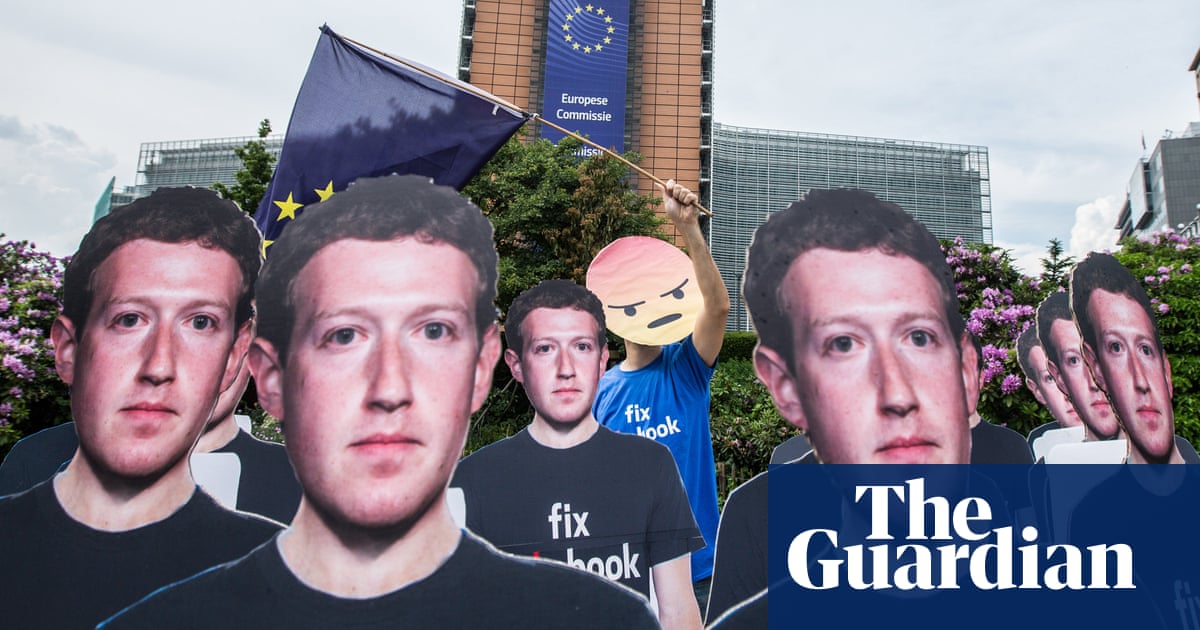
Send us a link
Exclusive: users are allowed to praise mass killers and 'violent non-state actors' in certain situations

The company has created a board that can overrule even Mark Zuckerberg. Soon it will decide whether to allow Trump back on Facebook.
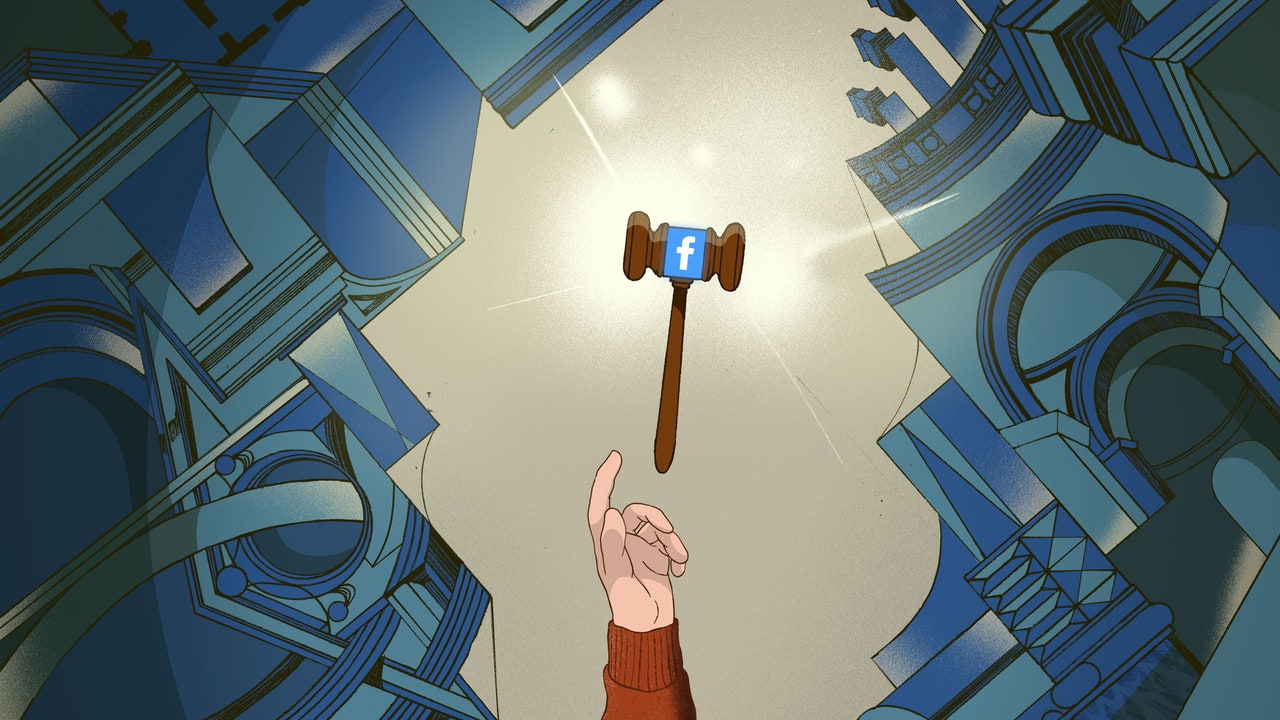
Nearly a year into the pandemic, Facebook now aims to take down misinformation on vaccines overall - not just COVID-19 vaccines.
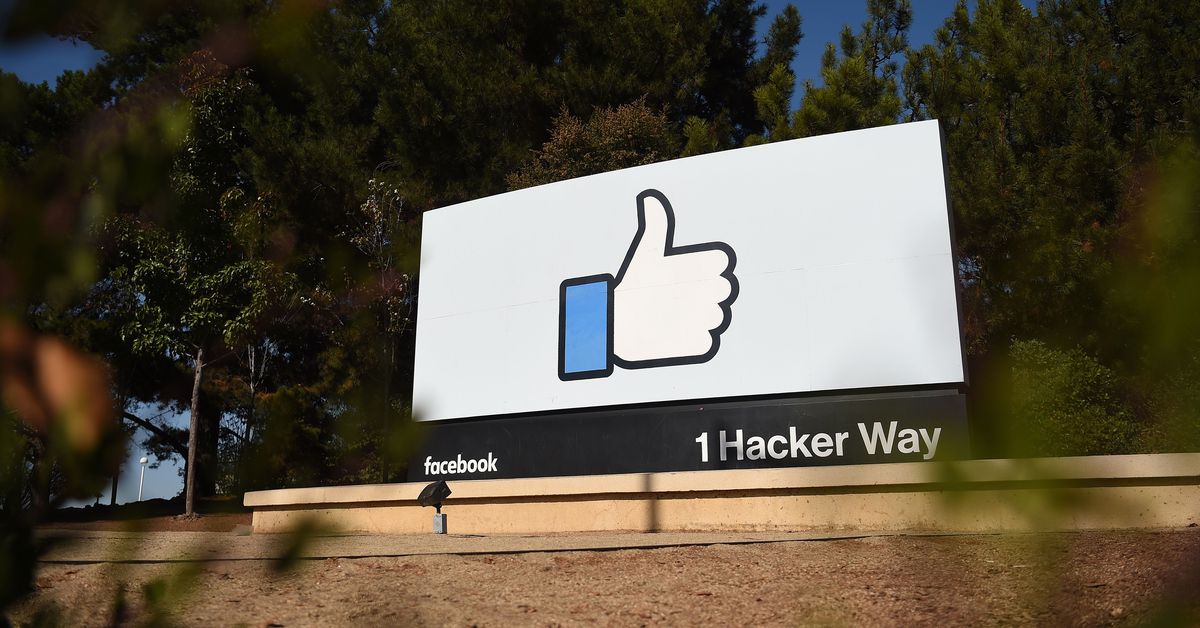
Study analyses the click metrics of over 1.1 million links referring to Web of Science publications.
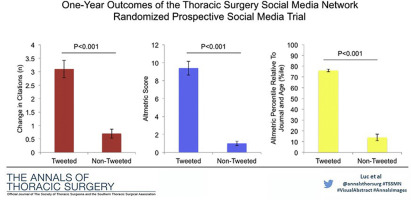
The argument that we have the power to deal with the dangers of social media on our own can come across as cruelly individualistic tech-apologia.

The pandemic has shown how a lack of solid statistics can be dangerous. But even with the firmest of evidence, we often end up ignoring the facts we don't like.

Black scientists are embracing the hashtag movement that forced the nation to take a hard look at systemic racism.
Scientific authorship comes with benefits, but also responsibilities. If authors are unwilling to explain their work, editors must step up to defend their journal.
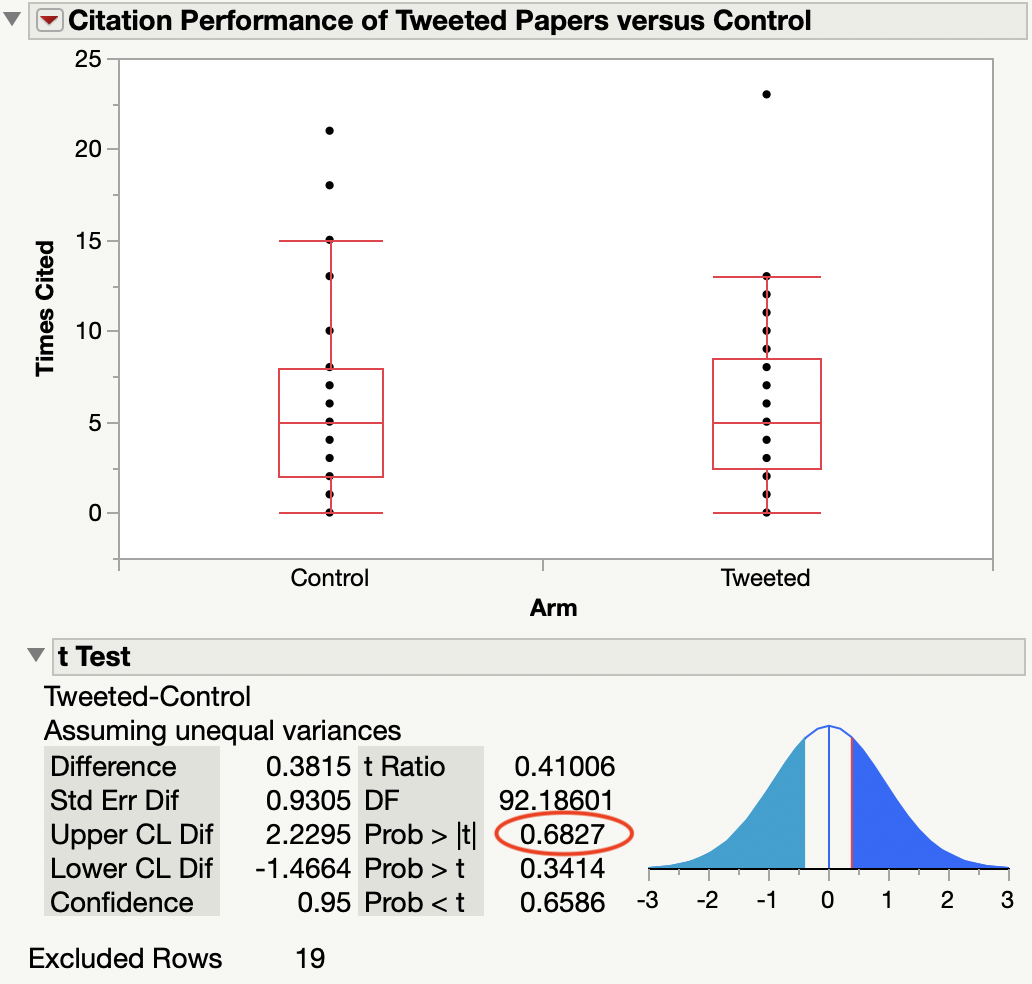
Nearly half of the Twitter accounts spreading messages on the social media platform about the coronavirus pandemic are likely bots, researchers at Carnegie Mellon University said.
Rows over eugenics reveal how difficult it is to 'decouple' controversial concepts in our heads.

Academics are warning that universities restrict their freedom by surveilling social media posts.

Scientists are rapidly posting findings about the new coronavirus outbreak online, accelerating the speed of scientific discoveries - and of misinformation.

In a context where citizens struggle to distinguish facts from fabricated claims online, scientists, policymakers and media face similar dilemmas.
From online journal clubs to 'tweetorials' to conference updates, social media is changing the dissemination and discussion of biomedicine.
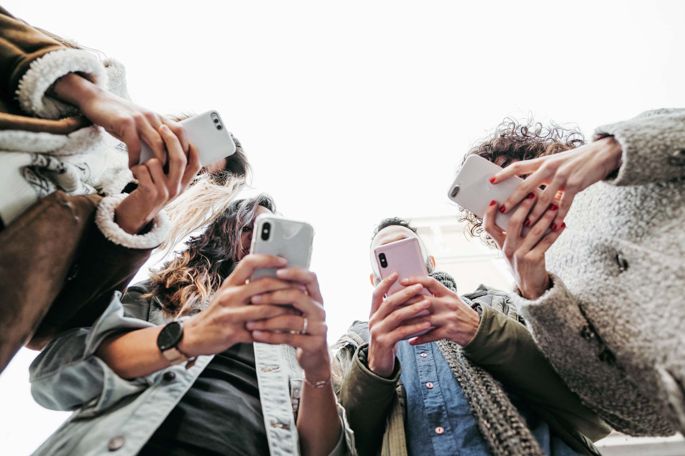
A brief review of studies linking social media and article-level performance.

The social-media platform is often a tool for procrastination, says Jet-Sing M. Lee. But what else can it be?
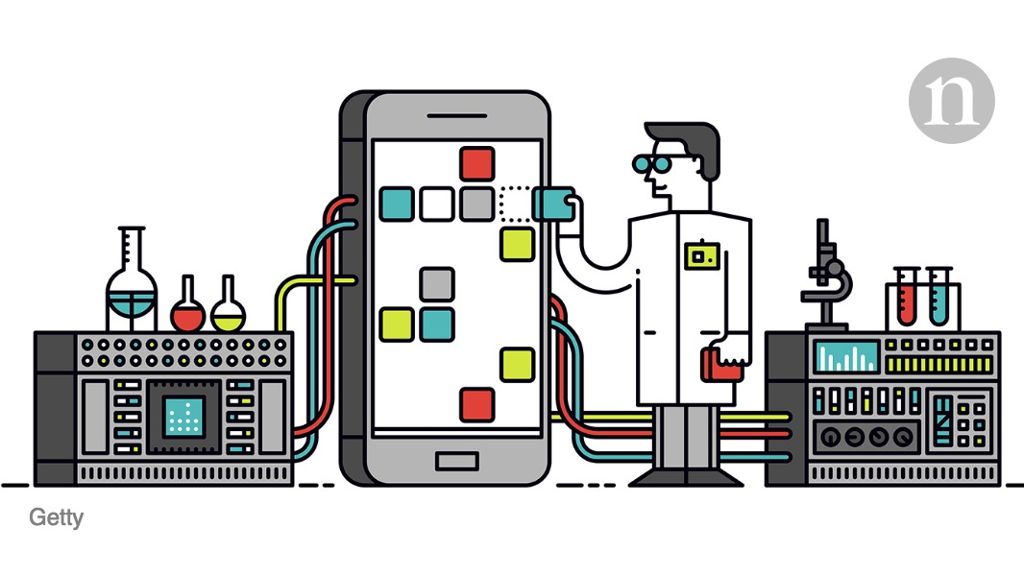
The spread of fake news on social media became a public concern in the United States after the 2016 presidential election. This article examines exposure to and sharing of fake news by registered voters on Twitter.
A new study suggests that scientists must embrace not fear Twitter.
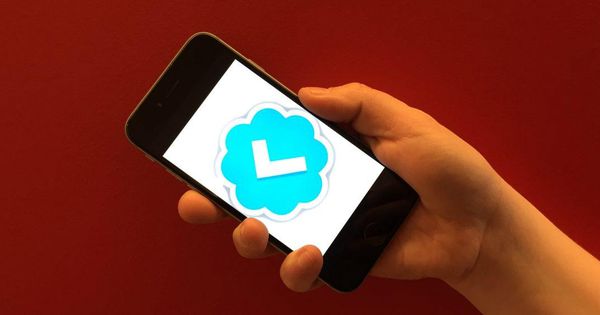
Social media can promote openness in research as international partnerships and collaborations are jeopardised, while increased adoption by scientists can also redress the balance that has shifted towards ill-evidenced news on some platforms.
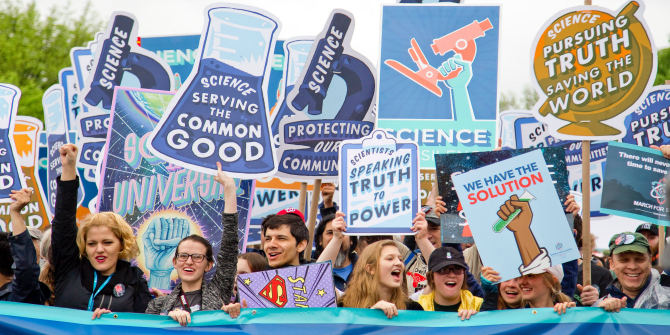
Tweeting can help science outreach, but may take persistence.
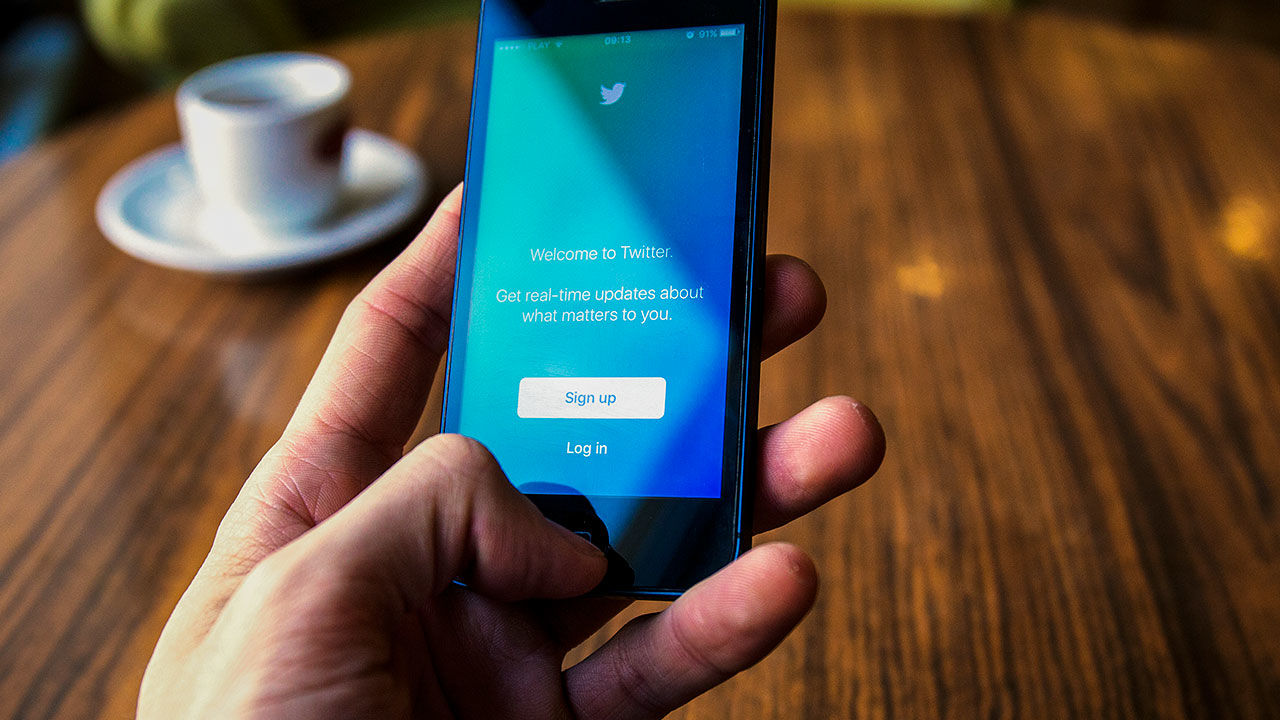
After studying 23,005 comments left on videos about science and related topics, a researcher says, “I could see why people would not want to be on YouTube.”
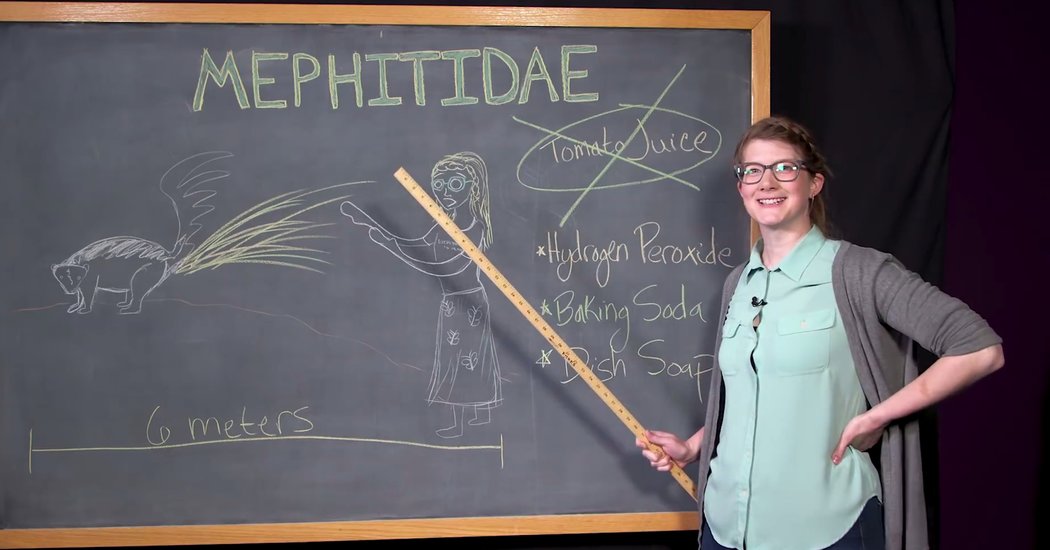
Asking whether Twitter allows scientists to promote their findings primarily to other scientists ("inreach"), or whether it can help them reach broader, non-scientific audiences ("outreach"). Results should encourage scientists to invest in building a social media presence for scientific outreach.
Neuroscientist Caitlin Vander Weele gives us a crash course on academic Twitter in our new blog post. She highlights the benefits of using social media as a scientist and gives tips on how to optimize the experience.

Academics have scoured Facebook pages in the name of science. But the troves they’ve amassed are sometimes unsecured and now pose a privacy risk.
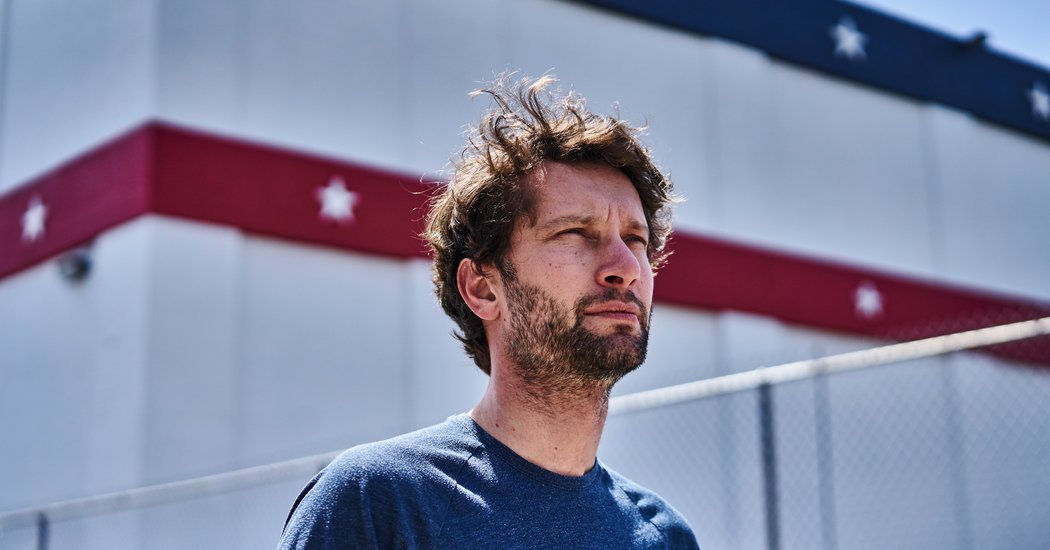
Facebook has recently announced a substantial tightening of access restrictions to the APIs of Facebook, Instagram, and other platforms it owns. While these changes may generate some positive publicity for the company, they are likely to compound the real problem, further diminishing transparency and opportunities for independent oversight.
